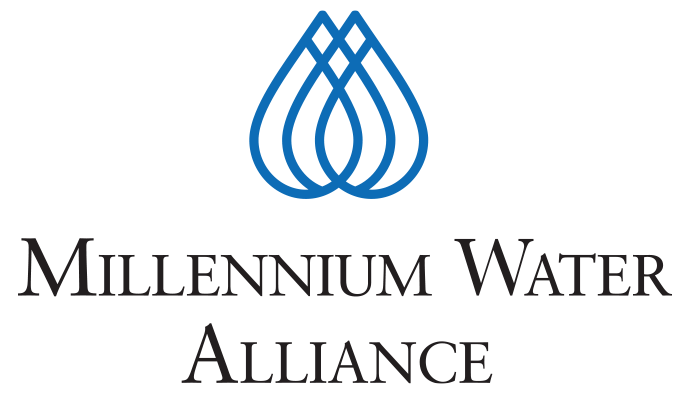See below for the 2013 plan summary for implementation of Lazos de Agua in Guatemala:
Background
Approximately 5,800 rural Guatemalans living in ten communities in two municipalities will benefit from improved WASH access under the program. The intervention communities by municipality are: • Municipio de Tacaná: Chemealón, Doce de Mayo, Cucuná, Granadillas, Plan Chiquito, Tojpac Nuevo Horizonte, Salinas-Ojo de Agua-Ixmujil • Municipio de Tajamulco: Nuevo Monte Cristo, Chechán, Boxoncán
Program Plan
To provide better quality, quantity and continuity of safe water to these communities, CARE will construct new or rehabilitate existing gravity fed piped water systems in each of the intervention communities. The vast majority of the households will have a direct connection to the water system and will receive an average quantity of 100 liters per person per day – this service level is considered to be ‘high’ according to parameters established by the WHO and this program. All households with a direct connection to the system will also be required to install a water meter to monitor household water usage and ensure the proper collection of water tariffs. Where direct connections are not feasible, households will be provided with a minimum of 50 liters per person per day from a public tap within 100 meters or 5 minutes walking time from the household. The environment of all households will also be improved through the construction of drainage for the proper management of grease and grey water. To ensure that water quality consistently and reliably meets or exceeds national standards, CARE will integrate low-cost, locally appropriate water quality treatment technology to disinfect water in all water systems. In most cases, a tablet chlorination system will be installed in communal distribution tanks. To ensure long-term sustainability of the water systems, a water committee for each of the schemes will be elected from among the community and extensively trained in the financial and operational management of the systems. For sanitation, CARE will facilitate the construction of 130 VIP latrines, to be partially subsidized by community and municipal contributions. CARE estimates that improved sanitation coverage will increase to 75% in its intervention areas (up from 60% currently) over the program period. Hygiene promotion activities will take place throughout the program period in public trainings, schools, and health clinics throughout the two municipalities and will be coordinated with other stakeholders including local representatives of the Ministries of Health and Education and will focus on education surrounding the importance of hand-washing with soap at critical times. CARE will use the SARAR (Self-esteem, Associate Strength, Resourcefulness, Action Planning and Responsibility) methodology which is based on the PHAST approach. Within the MAP-LAP, Akvo FLOW will be used to collect the baseline and monitoring and evaluation data for the program by means of household, community water board, water point, and water quality surveys.
Goals
Ill-health associated with deficits in water and sanitation undermines productivity and economic growth, and contributes to a cycle of poverty. The overall goal of this Program is to contribute to improvements in health and livelihoods in rural Latin America through increased access to safe water and improved sanitation and hygiene.
Through an integrated, community-based approach, the program focuses on eradicating water poverty, minimizing environmental degradation of water resources, and creating a healthier living environment.
Sustainability
Keeping water flowing in poor, rural, and marginalized areas after WASH investments are made has proven to be among the most difficult development challenges for NGOs and donors. Sustainability is defined by MWA and its partners as access to a continuous supply of safe water over time, the practice of financial accountability and transparency by all water management committees, the setting, adjusting and collecting of tariffs appropriate to provide a professional service and fund the maintenance, repair and replacement WASH infrastructure over its life-cycle. It is with these guiding principles that MWA implements hardware activities and builds the self-sufficiency of local communities, local governments and other stakeholders. MWA and many of its members have been deeply involved in an external collaborative process to develop and endorse a sustainability charter to align WASH stakeholders around a set of common sustainability principles, catalyze adoption of these principles worldwide, and provide a framework to facilitate ongoing learning. This charter, which reflects the sustainability principles MWA programs follow, is available at www.washcharter.org.
